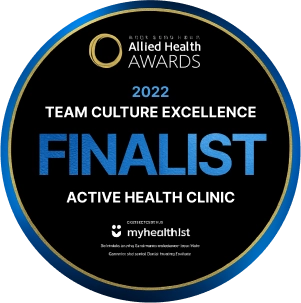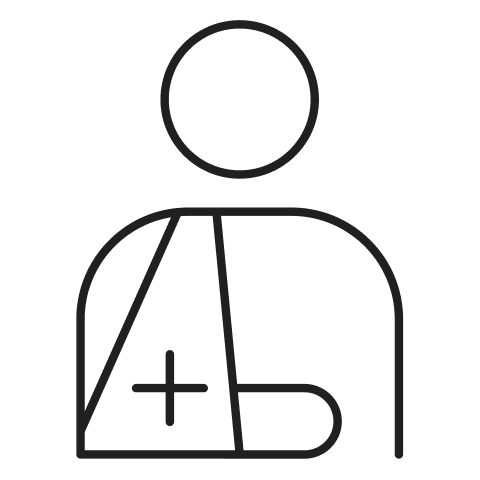
The AHC Hypermobility Program

Behind the Scenes with Our Hypermobility Experts
What is the Program?

Your Program, Tailored to You
Title
Nutrition Support for EDS and HSD



What is Hypermobility
Hypermobility refers to joints that move beyond a normal range of motion. Some people are naturally more flexible, but when joint hypermobility causes pain, fatigue, or frequent injuries, it can be part of a broader spectrum of conditions.
If you’re living with joint hypermobility, pain, stretchy skin or symptoms that don’t seem to fit one clear diagnosis, you might be navigating a connective tissue condition like Hypermobility Spectrum Disorder (HSD) or Ehlers-Danlos Syndrome (EDS). Here’s how they show up and what they often come with.


Common presentations
Understanding EDS: The Basics
Understanding HSD: When Flexibility Becomes a Challenge


Co-Morbidities
When It’s More Than Just One Condition
Are You Missing a Diagnosis?
Our programs are tailored to YOUR symptoms
Wishlist
Wishlist is empty.
Wishlist
Compare
Shopping cart
Your cart is empty.
Return to shop

























